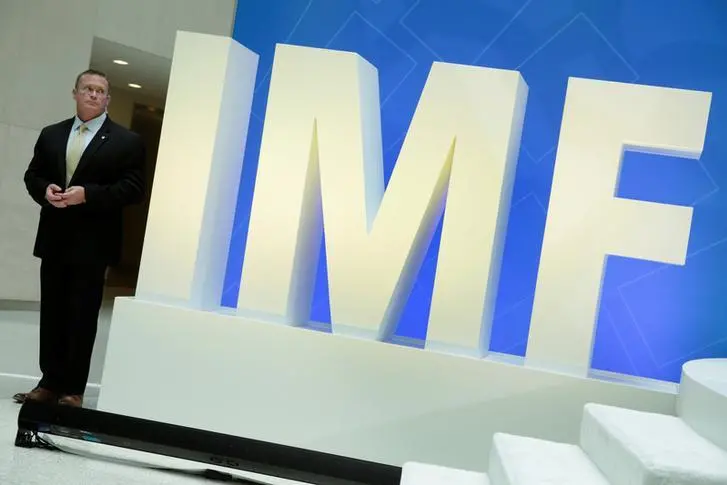PHOTO
DUBAI - The International Monetary Fund (IMF) and Lebanese authorities have started technical discussions to pull the country out of its crisis, a senior IMF official said, stressing the need to address the losses faced by the financial sector.
An IMF programme is widely seen as the only way Lebanon can unlock foreign financial help which it desperately needs to emerge from one of the world's sharpest economic depressions.
Lebanon's Prime Minister Najib Mikati has requested assistance from the Washington-based crisis lender and technical discussions have started, Jihad Azour, director of the IMF’s Middle East and Central Asia Department, told Reuters.
"Last time we had a full update of the situation goes back to August 2020, before the resignation of the previous government, and therefore many things have happened and we need to update the numbers, have a new baseline," he said.
Lebanon defaulted on its international debt in March last year, after years of political upheaval and economic mismanagement left it unable to service a debt burden that Goldman Sachs last month estimated at over 300% of GDP at current market exchange rates.
Since late 2019 the currency has lost some 90% of its value, poverty has soared, and the banking system has been paralysed. The IMF estimates the Lebanese economy shrank by 25% last year, with inflation hitting a rate of nearly 85%.
Talks between Lebanon and the IMF broke down last year largely because Lebanon's central bank, banks and politicians could not agree with the previous government on the scale of the losses in the financial system.
"It's very important to address the issues that the financial sector has faced, mainly the financial losses," Azour said.
A financial recovery plan for Lebanon drawn up last year before IMF talks stalled identified a $90 billion hole in the financial system.
Prime Minister Mikati told Reuters last week that his cabinet was working to provide the IMF with necessary financial figures in the coming days.
(Reporting by Davide Barbuscia, editing by Ed Osmond) ((Davide.Barbuscia@thomsonreuters.com; +971522604297; Reuters Messaging: davide.barbuscia.reuters.com@reuters.net))





















